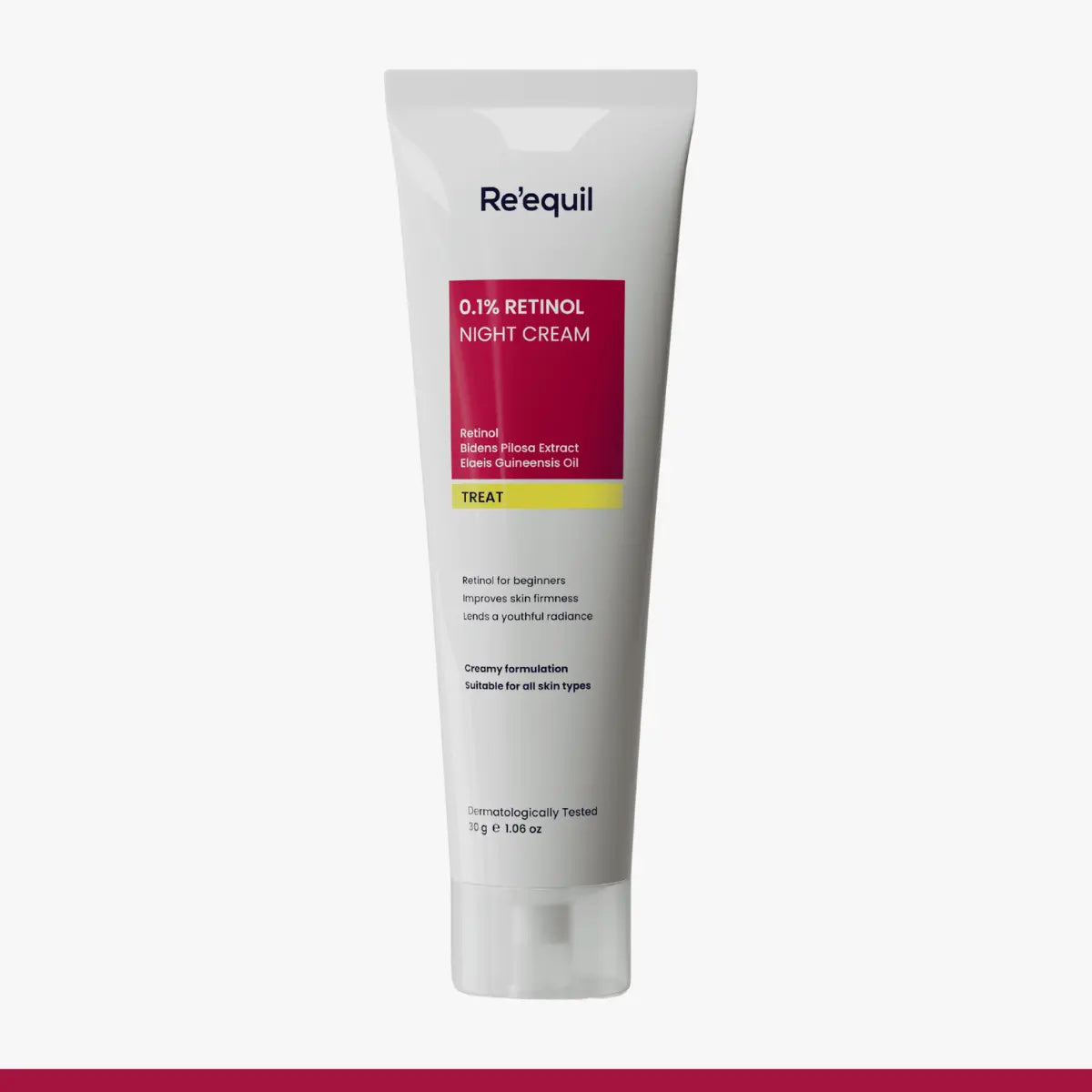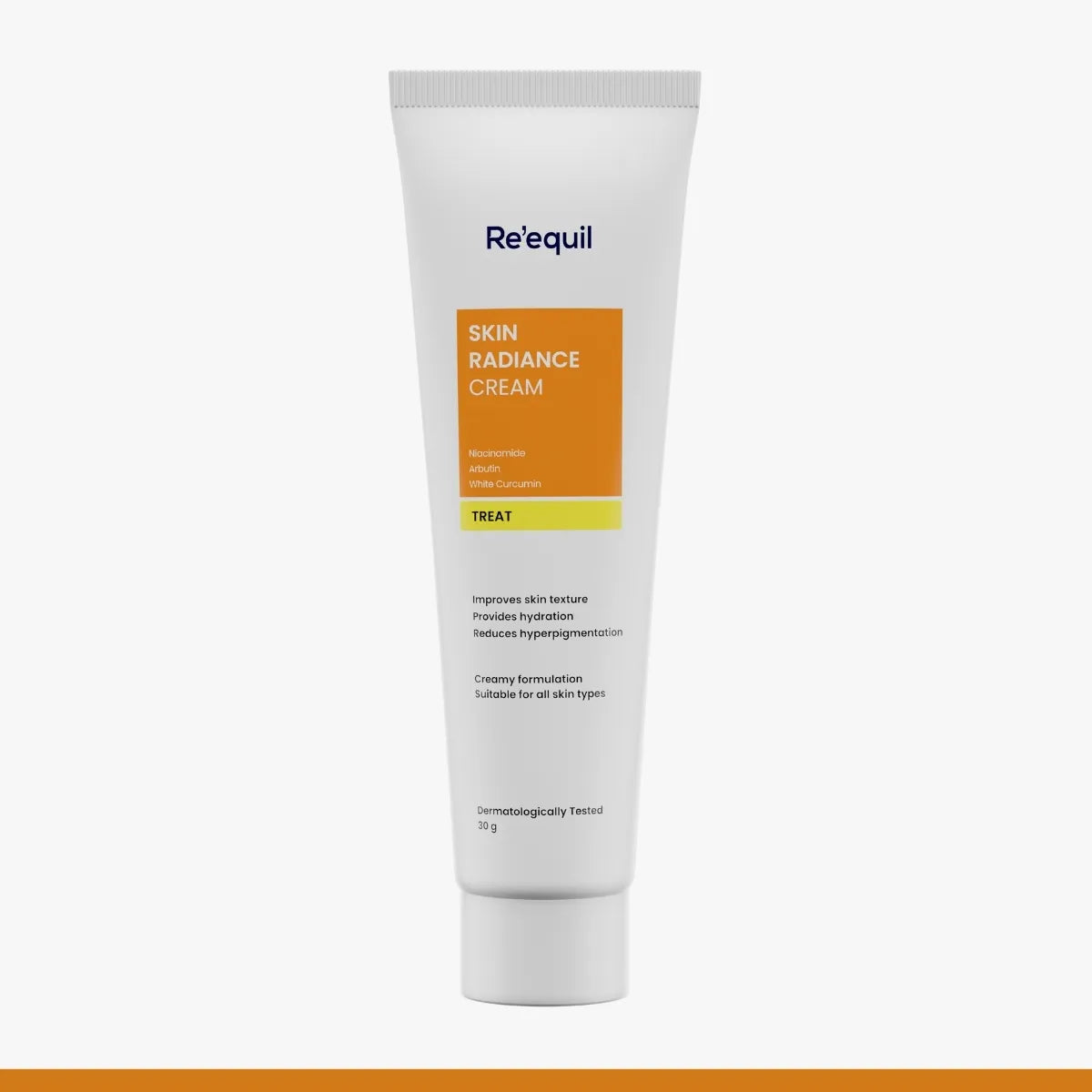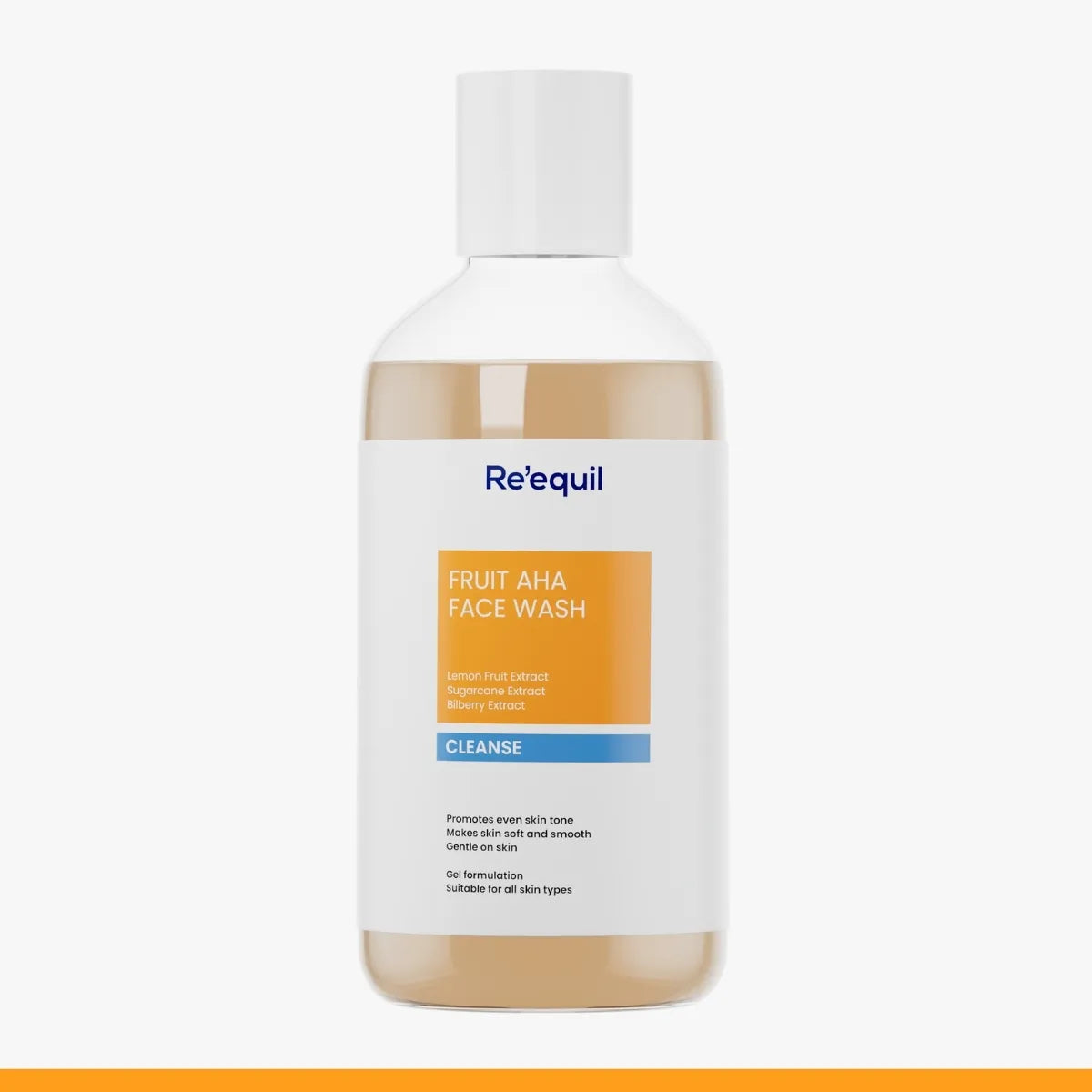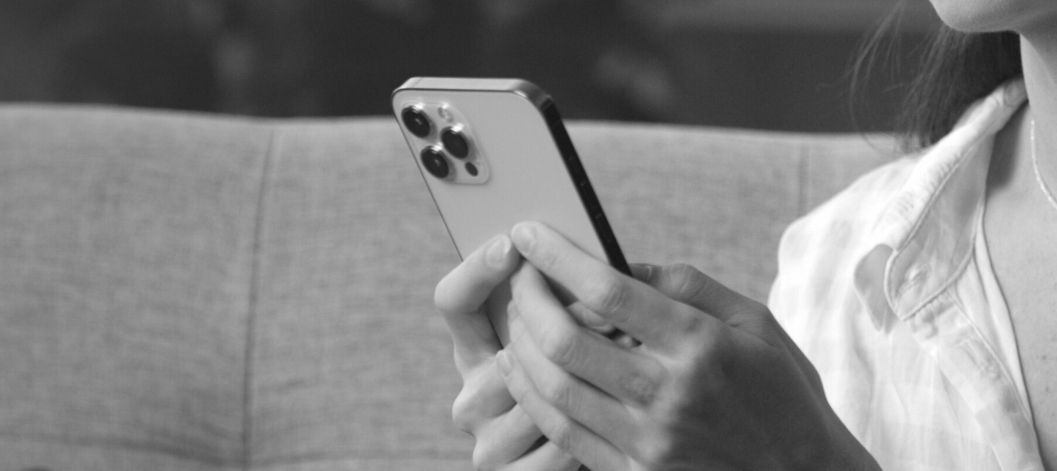My earliest memories of beauty come from my parents. The freshness in my mother’s eyes, her neatly placed bindi and my dad’s carefully combed hair.
Not that they had spotless skin but the way they carried their scars gave them a sense of originality.
Today, that originality feels missing.
In a world shaped by algorithm-driven trends emerging overnight and vanishing just as fast, beauty feels rather filtered and orchestrated.
And in the process, we began measuring ourselves through the same lens while our skin silently took all the blame.
The age of comparison culture
Social media was built on the promise of connection. But who knew, connection one day would lead to comparison.
Scroll long enough, and admiration crawls in.
You see someone's 'clear-skin' and wonder why yours isn’t the same. Someone else's ‘night routine’ feels like you're not doing enough (even though you are right on track).
Then, admiration turns to curiosity, self-criticism follows, and the cycle ends up in self-doubt.
In psychology, it’s called social comparison theory. It’s how people evaluate abilities, opinions, and achievements by comparing themselves to others.
On the internet, that mechanism has no brakes.
But what happens when our feeds are no longer neutral, but curated?
The mental health epidemic
The weight of this comparison culture doesn’t just live online; over time, it has taken a real toll on mental health.
Today, one in seven people around the world is struggling. In fact, the American Psychological Association reports that teens who spend more than five hours online every day are twice as likely to experience poor mental health.
Another 2024 study in Computers in Human Behaviour found that exposure to idealised images on Instagram directly reduces body and skin satisfaction.
The more we scroll, the more stressful it gets. That's when our body releases cortisol, the hormone linked to inflammation, acne flare-ups, and premature ageing.
Simply put, the 'perfect skin' you envy actually ends up becoming the reason for your breakouts.
Reframing the medium
For all its pitfalls, it would still be unfair to villainise social media.
The same platforms that amplify comparison have also democratised visibility. Real people, real scars, and real stories find space in what used to be airbrushed silence.
In a nutshell, it's not the medium that's broken. It's the feed.
So perhaps the answer isn't to scroll less — it's to scroll differently. To pause the moment admiration turns uneasy. To remember that what you're seeing are fragments, not full stories.
When used consciously, social media can serve as a mirror of possibility, not pressure. It can help build communities that understand struggle and speak the language of progress over perfection.
How to scroll differently
Here's a paradox: the concept of 'perfect skin' is, by design, impossible.
Skin is not a static surface. It's an ecosystem, shaped by genetics, climate, weather and daily routine. To chase perfection is to misunderstand the nature of skin itself.
So instead of chasing, consider these three things:
- Curate your feed: Follow people who remind you that your skin has texture, tone, and it takes time to get into its natural state. Say no to those who make you forget that.
- Pause before comparing: When someone's glow makes you feel dimmer, take it as a cue. Take a moment to breathe, trust your own routine and remind yourself that it's all about consistency.
- Redefine progress: Healthy skin isn't spotless skin. It's when your skin is in its best state.
So the next time you scroll social media, remember that it's not there to judge you. It's there to remind you that being seen, fully, imperfectly, honestly, is its own kind of beauty.





